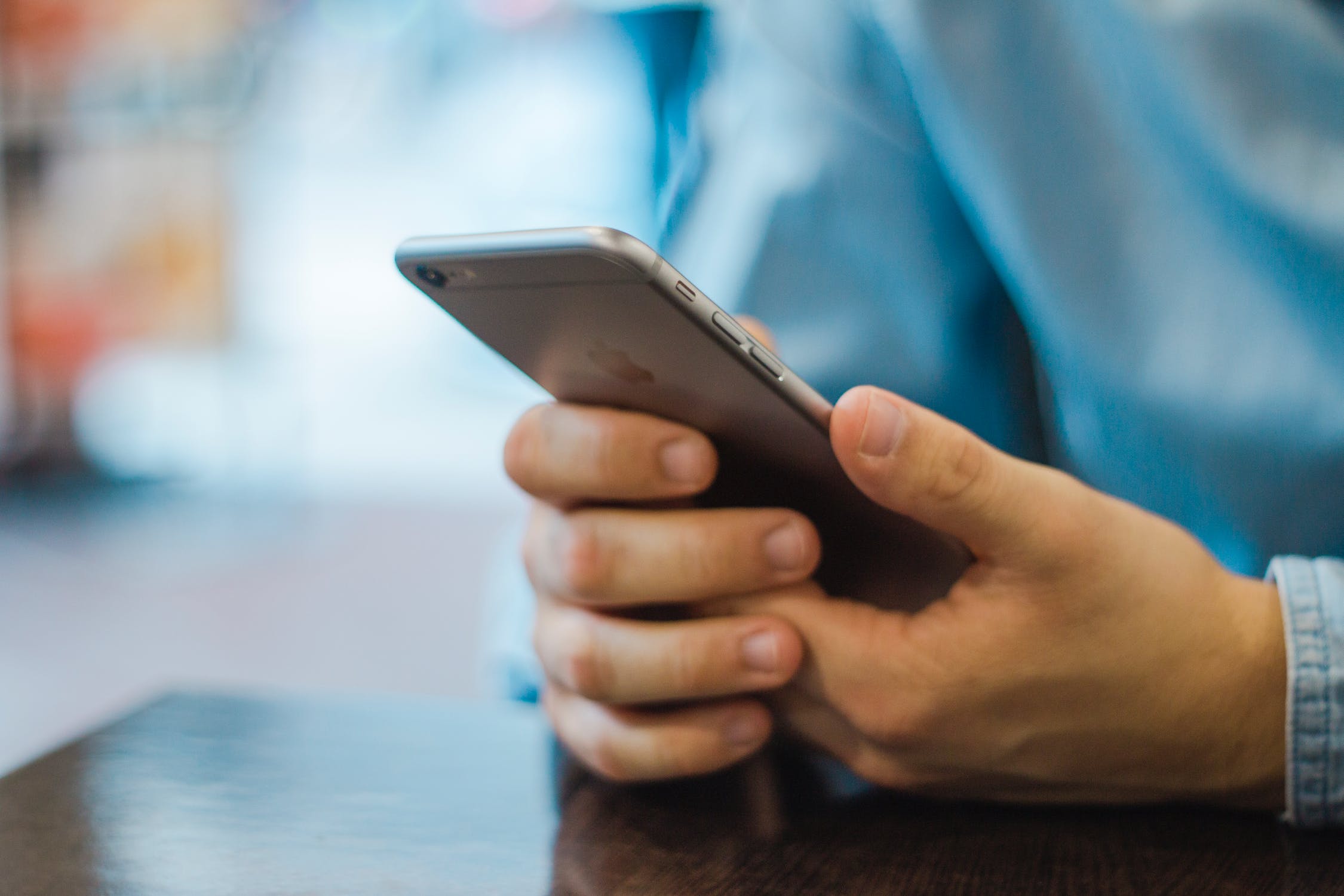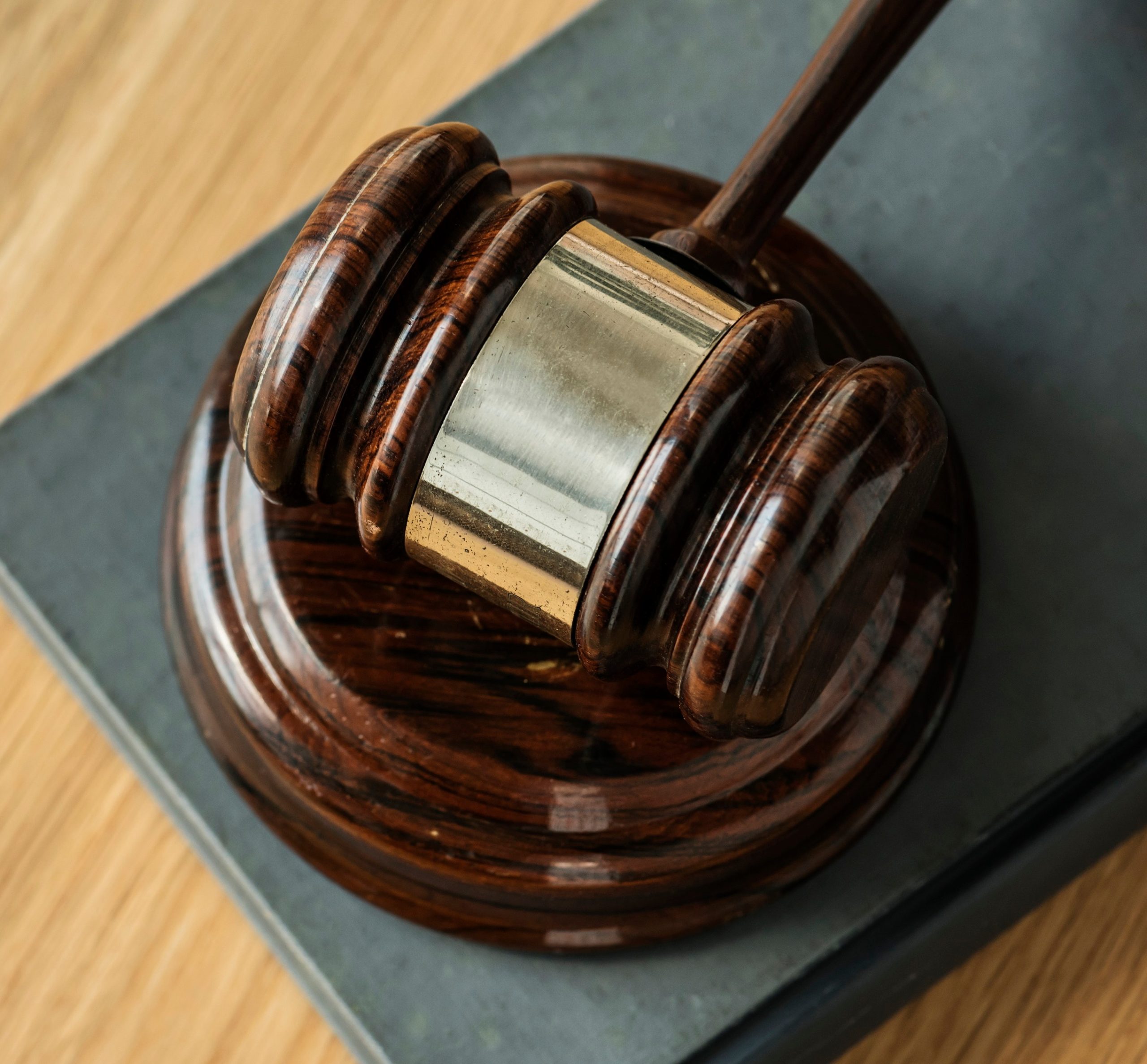We all have a part to play in fighting the opioid crisis.
If you know what to do when someone has an overdose, you could literally save someone’s life and give them a chance of getting treatment to kick start their recovery.
How can you afford not to know what to do?
The opioid crisis continues to simmer throughout the US resulting in thousands of deaths each year. Unfortunately, while the hype might have faded, 66% of drug overdoses involve synthetic opioids.
The death rate from opioid drug overdose had fallen from 2017 levels due in part to increased availability of the emergency overdose antidote, Naloxone.
What changes could take place as a result of the current global pandemic, though?
Staggering unemployment rates and ongoing isolation could start triggering more relapses nationwide. Overdose is more likely following relapse due to decreased tolerance.
So, giving the prevailing conditions, it makes sense to know what to do if you come across someone you suspect has overdosed on drugs.
Maybe you have a friend or family member that uses opioids. Anyone using these prescription painkillers could potentially overdose so protect yourself and your loved ones. Arm yourself with knowledge starting with the basics…
How Can You Tell If Someone Has Overdosed?
When someone has overdosed on opioids or heroin, they are typically in a comatose state with their pupils reduced to the size of a pinpoint.
They might appear awake but will typically be non-responsive if you talk to them or give them a shake.
Opioids slow the breathing down so much that a person can stop breathing and they die. For this reason, checking on breathing is critical.
If you hear gurgling noises – macabrely known as the death rattle – or skin turning blue-gray, you should also take prompt action.
What do you do, though?
Act Straight Away
If it looks like someone has overdosed, call 911 immediately.
Do not leave the person unattended.
It’s essential to call for medical assistance, even if you administer Naloxone. The person could have an underlying condition and they will still need medical attention if only to be checked over.
Try To Revive Them
Try to revive the person by shouting their name, giving them a shake, and saying you’ll call an ambulance.
If this doesn’t work, try rubbing your knuckles on their sternum. The pain can act to bring someone to their senses. You could also try rubbing your knuckles on their upper lip, or perhaps pinching their nose.
Monitor breathing closely until help arrives.
Put the person into the recovery position. Lay them on their side and pull their upper leg up so their knee is bent. Position their upper arm across their body on the floor in front of them. This will help them to breathe and prevent choking if they vomit.
When you call 911, give them as much information as possible such as:
- The quantity of opioids consumed – be honest
- Whether or not you have administered Naloxone
- The exact location (address and location within the property)
- Breathing report: has it slowed or stopped?
Administer Naloxone
If you have Naloxone, administer it right away. Naloxone is administered intravenously or nasally.
If the person is still not breathing after you’ve administered it, try some rescue breaths if possible. If they are still not breathing, give them CPR until medical assistance arrives.
Good Samaritan Overdose Immunity Laws
You might be worried about calling 911 if your friend has an overdose. Fear of police involvement is justified. People have been charged with manslaughter after seeing medical help for someone who has overdosed.
In some states, you are now protected with legislation in place to protect you from being arrested or charged for being in possession of illegal substances or paraphernalia if you are seeking help for someone who has overdosed.
The Good Samaritan Overdose Immunity Laws were introduced to encourage people to seek medical help for overdose. Every state varies in its immunity laws. Some have extended immunity to people who have broken their restraining order, parole conditions, or protection violations.
You can find out what the immunity laws are in your state right here.
If you call 911 and wait with the person, tell the Emergency Medical Team exactly what they have taken. A lack of honesty could cost them their life.
If You Can’t Call 911
If calling 911 is completely out of the question and you don’t have Naloxone, try to find some Naloxone from someone else.
If this is not possible, at minimum place the person in the recovery position and leave with the doors unlocked. Notify the first passer-by you encounter.
What To Do Next
Hopefully, you now have a solid overview of what to do if you find someone you suspect has overdosed.
If you have any concerns about drug use in a loved one, don’t hesitate to call us today at 888-448-0302 here at Landmark Recovery.

Choose Recovery Over Addiction
We're here 24/7 to help you get the care you need to live life on your terms, without drugs or alcohol. Talk to our recovery specialists today and learn about our integrated treatment programs.





